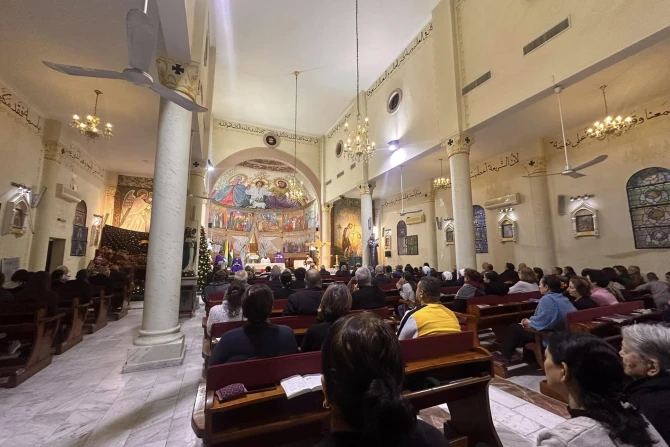Christians are indistinguishable from other men either by nationality, language, or customs. They do not inhabit separate cities of their own, or speak a strange dialect, or follow some outlandish way of life.
 That is from the Letter to Diognetus, written around 130–180 AD. It is one of the earliest apologias (defenses) of Christianity at a time when Christians were a very small minority in the Empire. The author wrote that the Christians’ manner of dress, food, and way of life in general followed the custom of whatever city in which they lived. And yet he noticed something extraordinary about them:
That is from the Letter to Diognetus, written around 130–180 AD. It is one of the earliest apologias (defenses) of Christianity at a time when Christians were a very small minority in the Empire. The author wrote that the Christians’ manner of dress, food, and way of life in general followed the custom of whatever city in which they lived. And yet he noticed something extraordinary about them:
They live in their own countries as though they were only passing through. They play their full role as citizens, but labor under all the disabilities of aliens. Any country can be their homeland, but for them their homeland, wherever it may be, is a foreign country. Like others, they marry and have children, but they do not expose them. They share their meals, but not their wives. They live in the flesh, but they are not governed by the desires of the flesh. They pass their days upon earth, but they are citizens of heaven. Obedient to the laws, they yet live on a level that transcends the law. …







